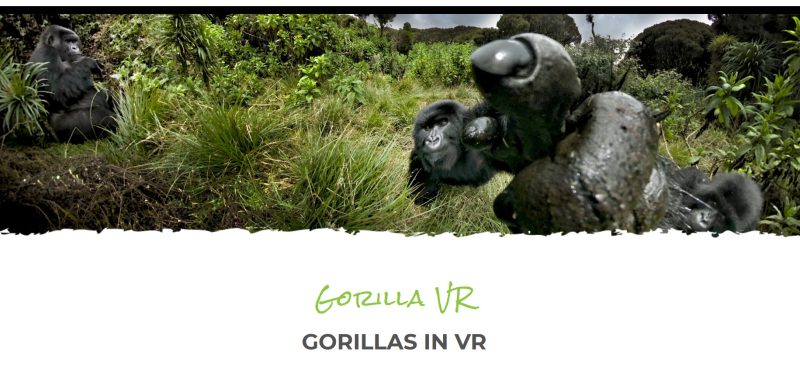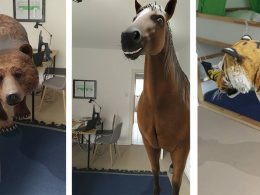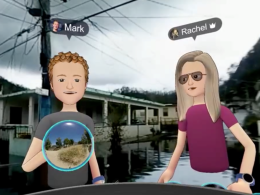Corona is also inventive in Africa: Rwanda offers visits to the gorillas in virtual reality. This is how the government wants to ensure that environmental projects remain attractive for tourists.
To be able to observe a silverback in the wild is a real privilege. The small country of Rwanda in the heart of Africa, famous for its population of rare and endangered mountain gorillas, has come up with something very special at a time of corona crisis and international travel restrictions, so that a meeting with the sweet giants seems more realistic: gorilla visits via virtual reality online.
"The global tourism industry has been hit hard by the Covid 19 crisis and we are saddened that we are currently unable to receive visitors who can tour our beautiful country," said Belise Kariza, head of tourism at Rwanda's Investment Board (RDB). "However, it is in everyone's interest that we stay safe and at home while we work with our partners to provide immersion-based content, such as this gorilla virtual reality film."
By moving the computer mouse, the camera can be rotated and zoomed. The five-minute film, which can also be viewed without virtual reality glasses, was put online on 22 April to mark the 50th International Earth Day.
Rwanda wants tourism
This year, the celebrations fell during the corona pandemic and could not be held due to exit and travel restrictions in most countries. So the stakeholders called for digital events to be offered online. Rwanda's contribution was the online gorilla safari: "We hope people will enjoy the virtual experience of marching through the jungle and interacting with the friendly giants in the Volcanoes National Park from the comfort of their homes," Kariza said.
The online safari is still free of charge and more of a test run than a real marketing tool. The famous Kruger National Park has already been trying out these online safari methods as a marketing strategy since 2019 and offers the films on YouTube. Africa's authorities now see this as an opportunity to introduce such online offerings in the future. The Corona crisis is now accelerating the implementation of these ideas and Rwanda is following suit.
Visit to the mountain gorillas
Rwanda's flagship is the possible visit to the world's unique mountain gorillas, which are only at home high up in the Virunga volcanic mountains in the border triangle between Rwanda, Uganda and the Democratic Republic of Congo. The total population is estimated at around 1,000 animals. In 1980, there were only about 250. Since then, the number of endangered animals has been increasing again almost continuously due to drastic conservation measures. These include, for example, a limited number of visitors (56 per day in Rwanda). A ticket costs 1,500 US dollars per person.
Due to the risk of infection of the coronavirus from humans to gorillas, the national parks in the three countries already banned tourists from entering at the end of March.
In order to intercept such collapses due to pandemics or other international travel restrictions in the future, virtual safaris offer a way to charge fees online as well. The software was programmed by the local start-up company AOS, which offers its services not only to the government but also to banks and the tourism industry. Virtual reality is considered the new idea at AOS. "We believe this will boost the industry and take the user experience to a whole new level."
V-Ecotourimsm
The non-governmental organisation has been offering virtual safaris online from Rwanda's, Uganda's and Congo's national parks since 2004: www.vecotourism.org However, their offerings are only now becoming attractive due to the new virtual reality technology and the increasingly better panoramic cameras that are now being used in the national parks not only for online tourists but also to track down poachers.
Source: Taz / theellenfund









